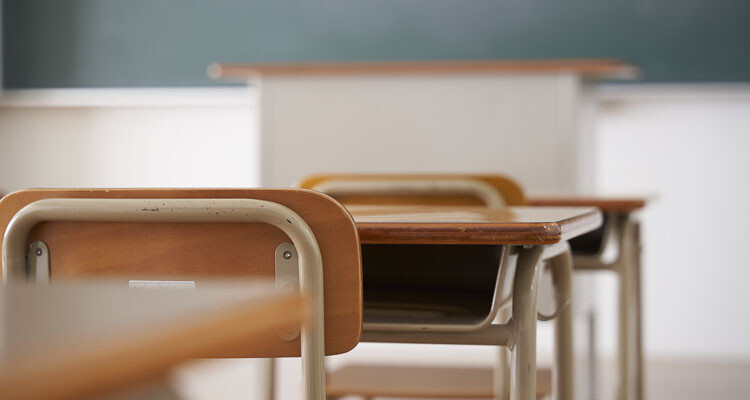
Liv Finne shares that school choice has arrived in response to the self-destructive agencies now pushed in the public schools
Liv Finne
Washington Policy Center
New data reported by the State Board of Education reveals that private school enrollment in Washington state has jumped by 25 percent in three years. In 2019-20, total K-12 private school enrollment was 65,270 students. In 2022-23, this number rose to 81,434 students, an increase of 25 percent. The number of homeschooled students has also grown, from 20,844 in 2019-20 to 29,798 in 2022-23, an increase of 42 percent. Over 110,000 parents in Washington state have decided that enrolling in controversial public schools is not the best option for their children.

During COVID Governor Jay Inslee and state superintendent Chris Reykdal kept public schools closed to in-person instruction for over a year. Not until the fall of 2021 did the public schools reopen, and even then public schools were frequently interrupted by school closures. By contrast, private schools reopened a full year earlier in the fall of 2020, with safety measures in place, free from union interference.
Further, in the spring of 2021, lawmakers in Washington state implemented in the public schools the Critical Race Theory (CRT) ideology and its subset, radical gender theory. Governor Inslee signed SB 5044 on May 5, 2021 to force these radical ideas in schools, universities and state agencies. Most families do not want their young children exposed to this extremist racial agenda.
This new “social justice” agenda has the public schools cancelling enhanced learning programs for gifted students. Further controversy is created by school policies that force girl students to share bathrooms with boys, and require girls to compete against boys in sports.
To protect children caring lawmakers in other states have passed laws to give families alternatives, on a voluntary basis, to their assigned public schools. These laws offer families access to public dollars, from $4,300 to $8,400 per student, to pay education costs, including private school tuition. The policy of school choice protects families from the conflict and in-fighting that pervades much of the public system.
Since 2021 the legislatures of eight states have passed laws to offer universal school choice to all residents: West Virginia, Arizona, Iowa, Utah, Florida, Oklahoma, Arkansas and Ohio. Eight million children are now eligible for universal school choice programs. In total 32 states, the District of Columbia and Puerto Rico offer families some form of school choice.
This fall families across the nation are exploring a new freedom—which schools their children will attend. School choice has arrived in response to the self-destructive agencies now pushed in the public schools. School choice is popular in Washington state too, although so far political elites have not responded to this growing trend. Still, concerned parents are continuing to seek alternatives and it is likely innovative school choice bills will be considered in the next legislative session.
Liv Finne is the director of the Center for Education at the Washington Policy Center.
Also read:
- Opinion: Fort Vancouver Regional Libraries levy lid liftDick Rylander shares Q&A with FVRL leadership about the proposed levy lid lift, detailing budget needs, tax impacts, and what a YES or NO vote could mean for library services.
- Letter: ‘The public has allowed this to happen’Wynn Grcich calls on Vancouver residents to support Justin Forsman and Rob Anderson in local elections and urges more civic engagement to challenge current city leadership.
- Letter: ‘I am a law-abiding citizen, who believes in the free speech of others’Jim McConnell of Vancouver shares his frustration over repeated sign thefts opposing changes to McGillivray Boulevard and defends the right to free speech in Cascade Park.
- Opinion: Taxes and assessed valuesDick Rylander explains how property tax proposals are calculated and urges Clark County residents to understand assessed values before voting on new taxes.
- Opinion: Why has Vancouver hired a shelter provider with a record of failure?Amy Harris questions Vancouver’s decision to hire Do Good Multnomah, citing documented failures and urging city officials to explain their choice.











It looks like the teachers union may be working against the teachers. The more students they chase off the fewer teachers the schools will need. I wonder when the teachers, union officials, and politicians will figure out their present ways are costing them jobs and money.
TJ, the teacher’s union has NEVER cared about teachers, schools, or, students. The ONLY thing the Teachers Union cares about is the usual: money, power, sex. Oh, goodness, the only things democrats care about too. Ahh, it’s just a coincidence or climate change.